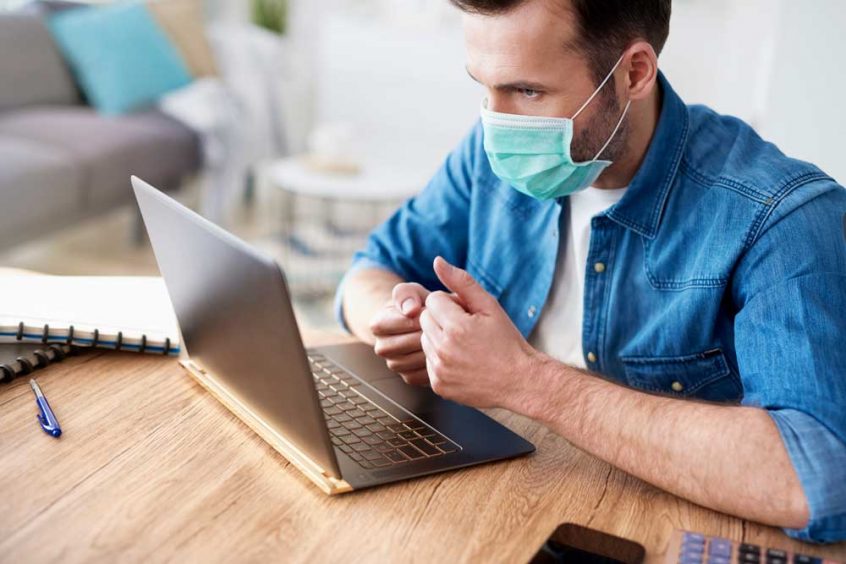Published at SelfGrowth.com
During this global pandemic, people are facing more mental and emotional challenges during social distancing. Humans are wired for connection. Being forcibly separated from the people we are closest to is emotionally difficult. Once of the worst punishments in prison is to be kept in solitary confinement. There’s a reason for that. It’s the same with “time-out” for kids. Having to be apart from other people is emotionally painful. People are not meant to exist all alone. Even simple interactions with strangers are research proven ways to improve our happiness.
This “phase” of social distancing can have long-term effects. Depression for one. People become lethargic and feel hopeless when separated from people for long periods of time. Hopelessness is maybe the most dangerous emotion as it is more likely that any other to lead to self-harm/suicide. When people feel there is no hope of things getting better, then they quit trying. That’s why it is imperative right now to reach out and have human contact however we can. Talk to a neighbor even half a yard apart can help ease the loneliness. Reaching out to friends and family to connect virtually can quite literally be a lifesaver right now.
Ways you can remain social during this time:
- Social media, but more importantly direct live contact- not just leaving messages. Whatever gives us the closest experience to. Have a real-time conversation. So, Skype, Zoom, FaceTime, and Facebook messenger are all excellent platforms to utilize right now. Marco Polo is a close second.
- Dining virtually. You can have virtual dinners together where they eat while chatting online. My office has lunch twice a week together on zoom. We swap stories and catch up on how our families are doing. It has been a breath of fresh air getting to talk with people we’ve been missing for weeks.
- Connection via distance. I love the idea of grandparents reading books to their grandchildren across the country. Friends participating in book clubs together. Even watching the same movie and the same time and keeping each other on speaker phone means we can chat as if our loved ones are right there on the couch next to us.
However, I have started seeing patients experiencing “zoom fatigue” and stressors about how to set “virtual boundaries” when communicating with friends and family as well. I’ve suggested to my patients that every morning they look at their daily schedule and determine how they can spread out their energy to ensure it lasts all day. Look for time you can schedule short rests away from the computer, even if it’s just to stretch out your legs or watch out the window for a bit. Some days are busier than others, and on those days, I encourage them to protect the little free time they have.
The best way to set up boundaries with others is to first remind yourself why you are doing so. You have a limited amount of time and energy, and likely a long list of things to do. Remembering this can help you prioritize yourself. You need to protect the precious, limited amount of energy you have each day. Giving away too much to other people will leave you feeling depleted, overwhelmed and resentful.
Letting family members know simply that you’ve spent so much time online today, and that you can’t meet them for a video chat is a means of self-care. Making the decision to leave messages unread until normal business hours, sleeping with your phone in another room, and setting up automatic replies to let people know you are away from your email/phone are other solid ways to establish boundaries on your time.
Remember, you aren’t setting boundaries to keep people out of your life; you are saying yes to a healthier you so you can be at your very best when you do meet with them again.
If you start feeling very low, I recommend getting back to the basics of self-care. Make sure you are getting enough sleep and are sticking to a sleep routine. Eat some healthy food and stop over-indulging in junk food and alcohol. They feel good, but only for the short term. Also moving our bodies is a simple way to feel alive again.
Most importantly, reach out if and when you are struggling. You will not be the only one. Sharing our emotions right now, sharing our losses and grieving them are powerful tools to help move us through this difficult time.

